How much does it cost to run a heat pump? Experts explain how you can work it out
Weighing up if a heat pump is worth it for your household? Experts explain how to work out how much it costs to run one
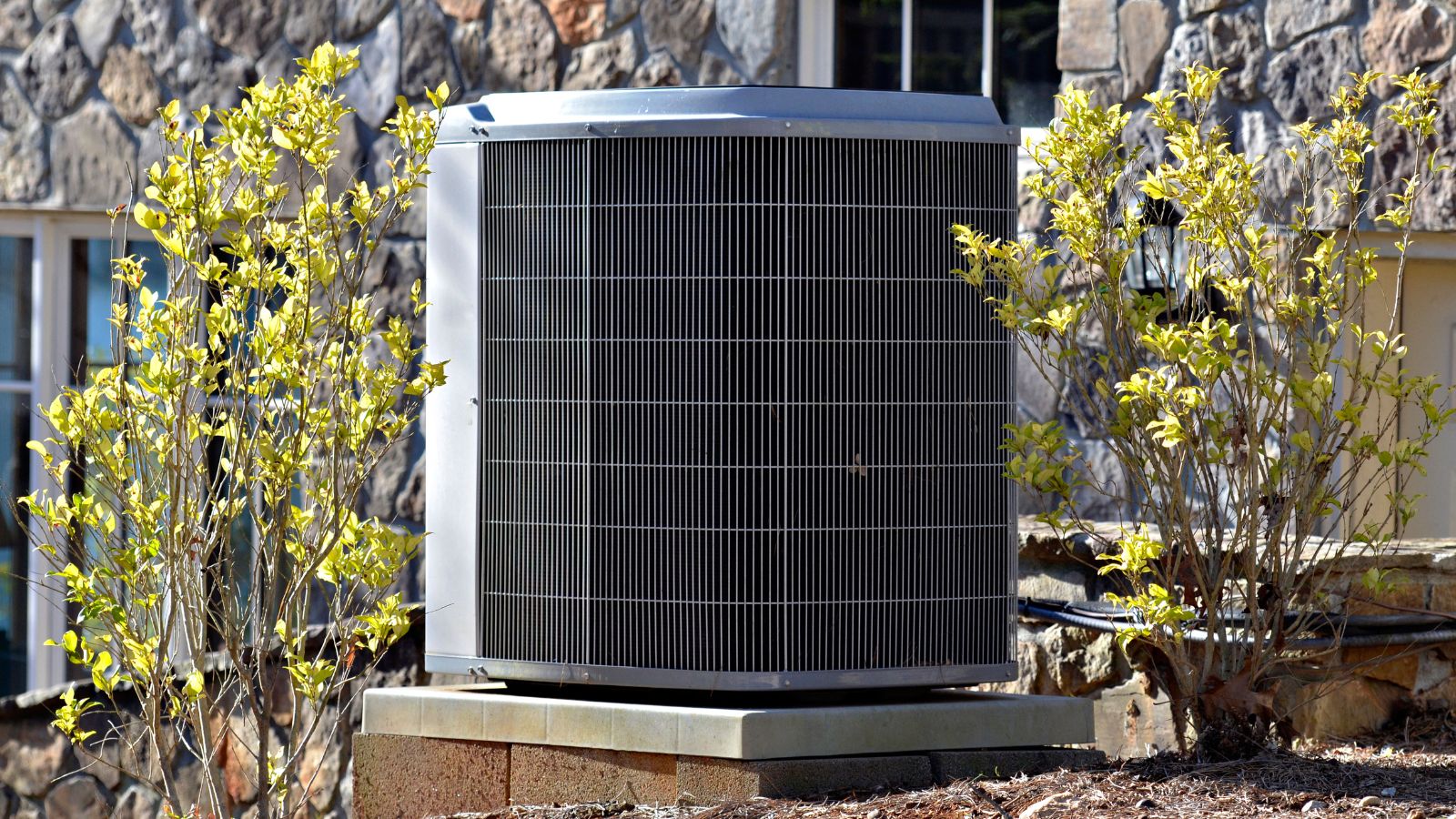

With costs continuing to rise and a shift in focus to renewable energy, many homes are considering adding a heat pump to their home to help combat fuel costs and rising emissions. But how much does it cost to run a heat pump? and is it worth it for your home?
The rise of eco-heating is an exciting prospect and, although a significant investment, is becoming more alluring as the price of traditional heating and cooling systems continues to rise. As prices hot up, heat pumps seem a more viable option for cutting energy bills in the long run and paying off your investment.
We have spoken to experts about heat pumps and asked how you can figure out how much it costs to run one, so you can make the most informed decision.
How much does it cost to run a heat pump?
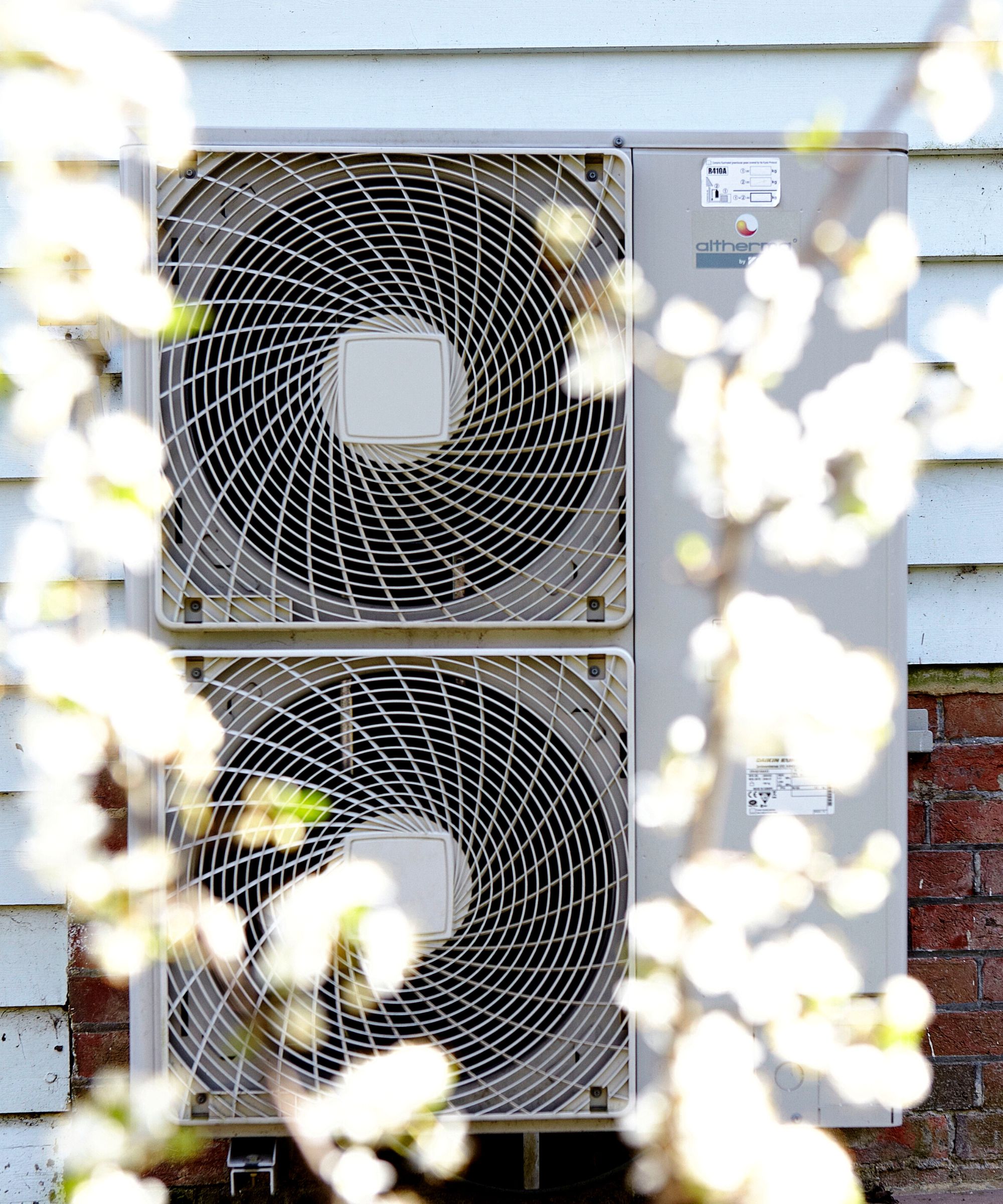
There are multiple types of heat pumps that you can have fitted to your property, each with different costs associated with them that may influence your purchase decision. Knowing the pros and cons of each, as well as how much it costs to run each type, will help with how to choose energy-efficient appliances for your home's needs.
'It is estimated the heat pumps could reduce your boiler usage by 80% and reduce a well-insulated home’s energy bills by around 30%,' explains Les Roberts, content manager at Bionic. 'A heat pump has the potential to lower energy bills as unlike your current boiler, which runs from the burning of fossil fuels, you will only pay for the electricity you use to run the heat pump.
'Your energy bills won't be dictated by the cost of gas as the heat pump draws its heat from the surrounding air. This is especially valuable at the moment as gas prices continue to rise due to increasing global demand which doesn't seem to be slowing.'
Ground Source Heat Pump: 'Ground source heat pumps can cost from $13,000 to $35,000,' explains Les. 'This is because ground source heat pumps are the most expensive systems and have the highest installation costs as they need pipes to be fitted underground. This means there will be digging and construction work at your property.'
Air Source Heat Pump: 'Air source heat pump installation costs from $4,000 to $8,000,' Les continues. 'Although significantly cheaper, the cost will depend upon whether you need a monobloc system that sits outside your building or a split system that has a unit inside and outside.'
'When installed correctly, an air source heat pump could reduce energy consumption for heating by up to two-thirds, meaning lower energy bills,' adds Tom Edmunds, general manager at Wunda Group PLC. 'An air source heat pump works, in simple terms, by capturing latent heat in the air and using that to heat the water. Generally, if you input one unit of electricity into the heat pump, you will get three units of heat back – essentially getting two units of heat for free.
'Air source heat pumps generally heat the water to about 95-120F so it's important to make sure you are pairing your heat pump with a low-temperature central heating system, that can utilize lower temperature water and still heat the home comfortably,' Tom continues.
Water Source Heat Pump: 'A water source heat pump should cost about $10,000 to install. But remember, you’ll need to be situated close to a suitable body of water to use this type of heat pump,' Les reminds.
How to work out how much a heat pump costs to run
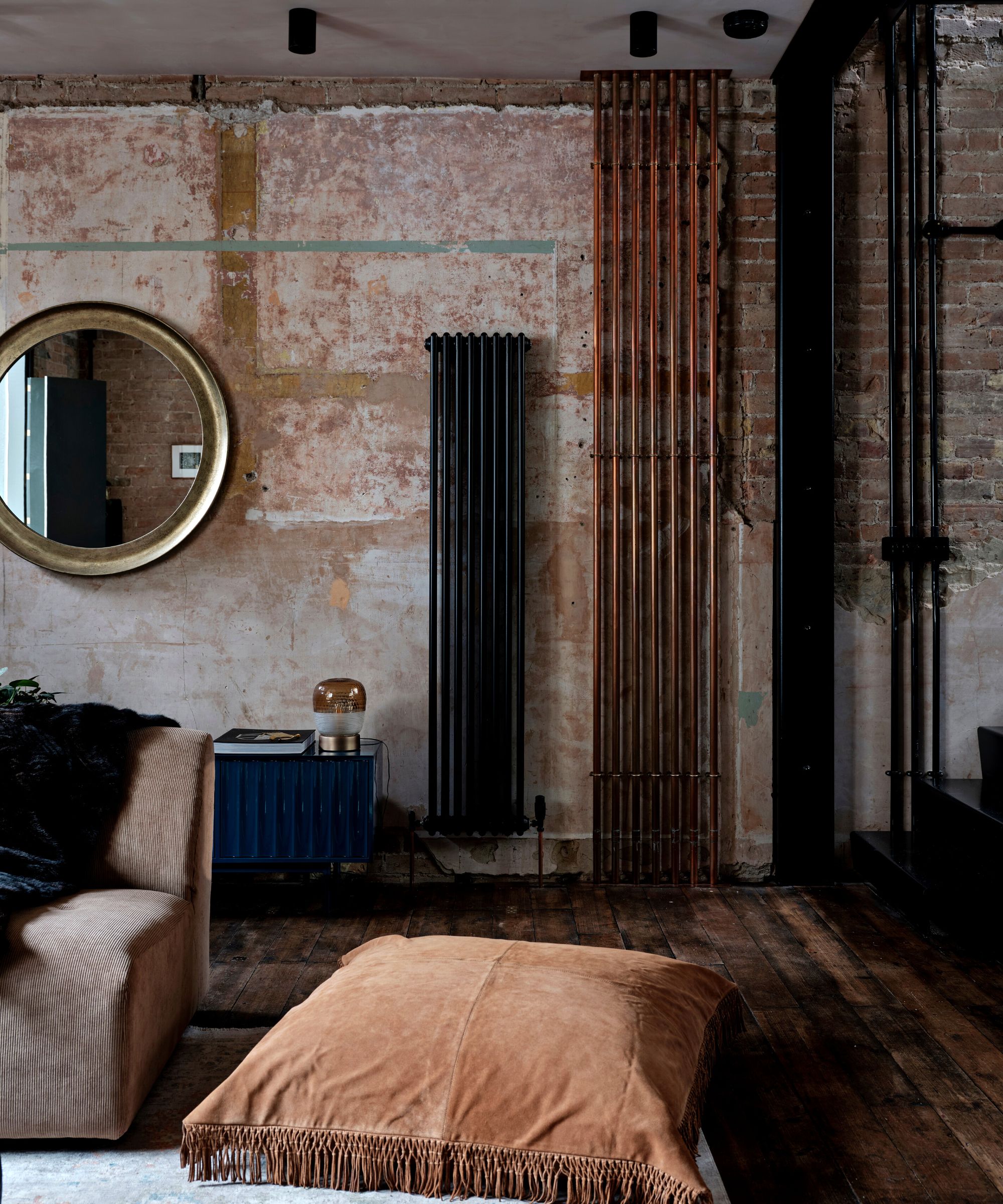
Unlike working out how much an electric heater costs to run, or how much it costs to run a fan 24/7, working out costs associated with heat pumps can be tricky as eco home improvements become more advanced and a little more complicated than traditional devices.
'The cost of running a heater or heat pump can vary depending on the type of unit, its size, and how it is used,' explains engineer and renewable energies expert Adam Roper. 'For example, a small space heater may only cost a few cents an hour to operate, while a larger unit may cost several dollars an hour. Additionally, the cost of running a heat pump will vary depending on the climate, as well as the size and efficiency of the unit. In general, however, the cost of running a heat pump will be lower than the cost of running a traditional furnace.
'To calculate the cost of running a heat pump, you will need to know the following information:
1. The cost of electricity in your area
2. The size of the heat pump (in BTUs)
3. The efficiency rating of the heat pump (SEER rating)
4. The number of hours the heat pump is used each day
5. The temperature difference between the inside and outside of your home
'Once you have this information, you can use the following formula to calculate the cost of running your heat pump:
(Cost of electricity per kWh) x (Size of heat pump in BTUs) x (Efficiency rating of heat pump) x (Number of hours used each day) x (Temperature difference between inside and outside of home)
'For example, let's say that the cost of electricity in your area is $0.10 per kWh, the size of your heat pump is 3,000 BTUs, the efficiency rating of your heat pump is nine SEER, you use the heat pump for four hours each day, and the temperature difference between the inside and outside of your home is 30 degrees. Using this information, we can calculate that the cost of running your heat pump would be $0.36 per day.'
Will a heat pump save you money over time?
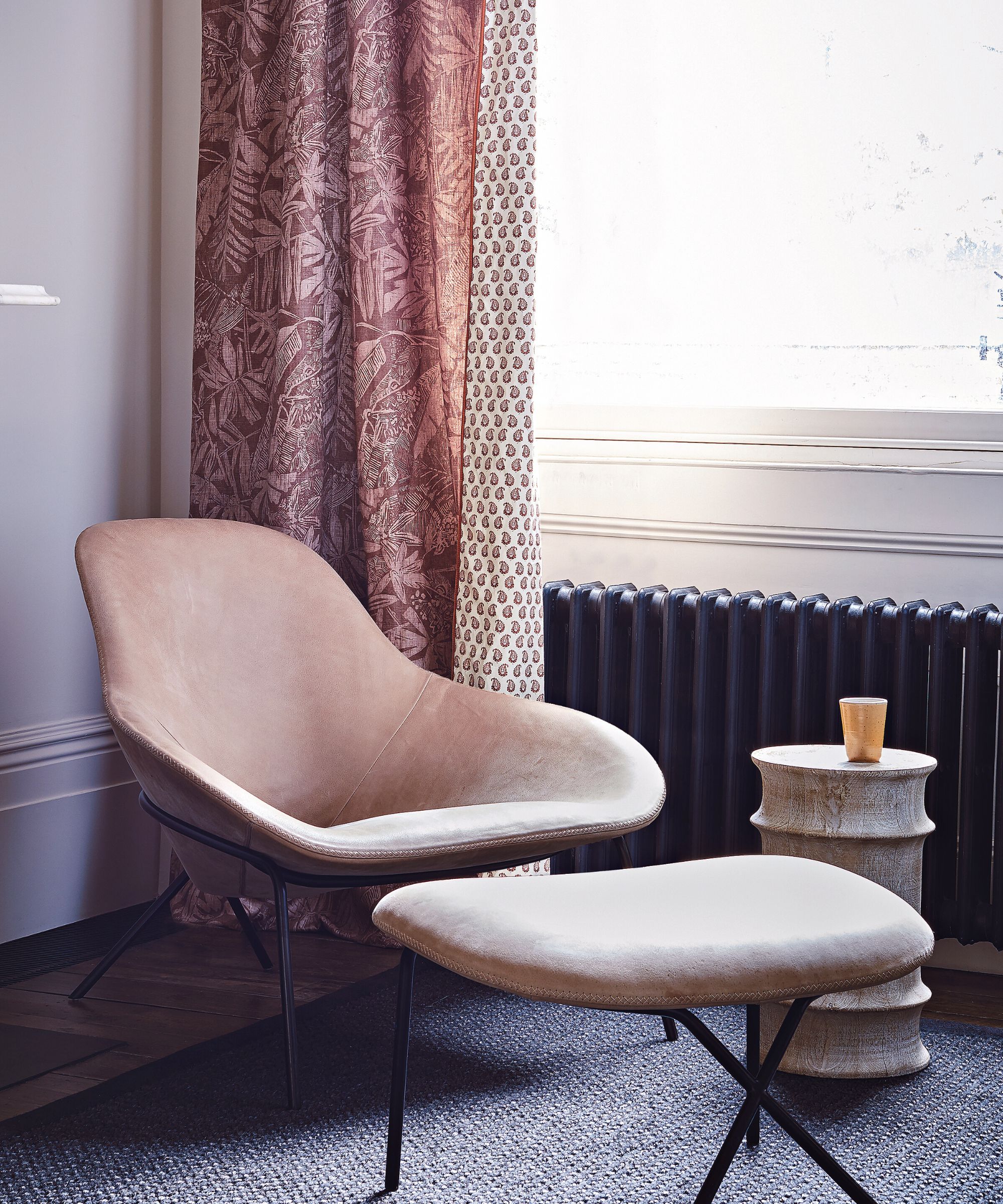
If you are considering starting to convert your property to match new eco houses, the first stop is to consider if it will be worth the investment in the first place.
'To work out if a heat pump would save you money over time, you need to consider the cost of running the heater and heat pump,' says Adam. 'The cost of running a heater will vary depending on the type of fuel you use, the efficiency of your heating system, and your local energy prices. The cost of running a heat pump will also vary depending on the size and efficiency of the heat pump, your local climate, and the cost of electricity. In general, heat pumps are more expensive to run than conventional heating systems, but they can save you money over time if you live in a climate where they are used frequently.'
The benefits of heat pumps
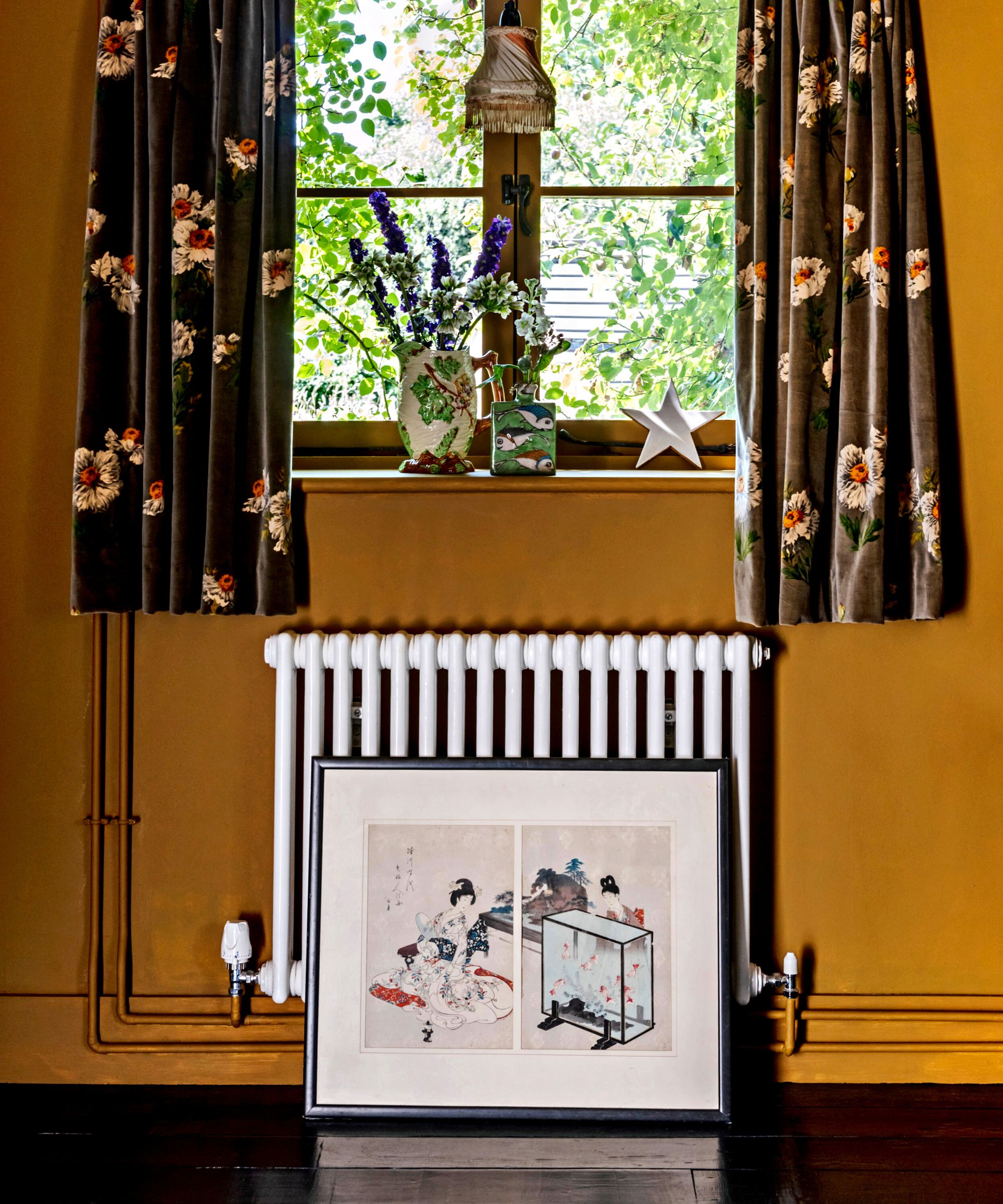
Despite their complicated fitting procedures, heat pumps offer a range of benefits to any household - and not only being cheaper, on average, to run. For instance, despite their names, heat pumps are also a great eco cooling device that can help with the summer months as well as the winter.
'Heat pumps cost a lot less to maintain than gas boilers, requiring services less often, so you could save money on service and maintenance costs,' points out Les of Bionic. 'Heat pumps also have a longer lifespan than gas boilers (predicted to be 20-30 years) and usually come with a two to three-year warranty.'
While there can be a lot of confusion about how heat pumps will connect to your existing structures in your home, Les assures that heat pumps can, more often than not, work with your existing home heating systems. 'In many cases, you shouldn’t need to replace your existing radiators when you install a heat pump as many domestic radiators are actually oversized in relation to the typical home boiler flow temperature, so the lower flow temperature of heat pumps should be sufficient.
'The larger and more powerful your radiator the more likely it is to work alongside a pump as it will have more surface area to emit heat,' Les continues. 'Ground source and air source pumps should work in cohesion with your radiator but the best way to check is to employ the services of a heat pump engineer. It is important to note that underfloor heating is a great choice if you have a heat pump due to the large heating surface area.'
Figuring out if heat pumps are worth it
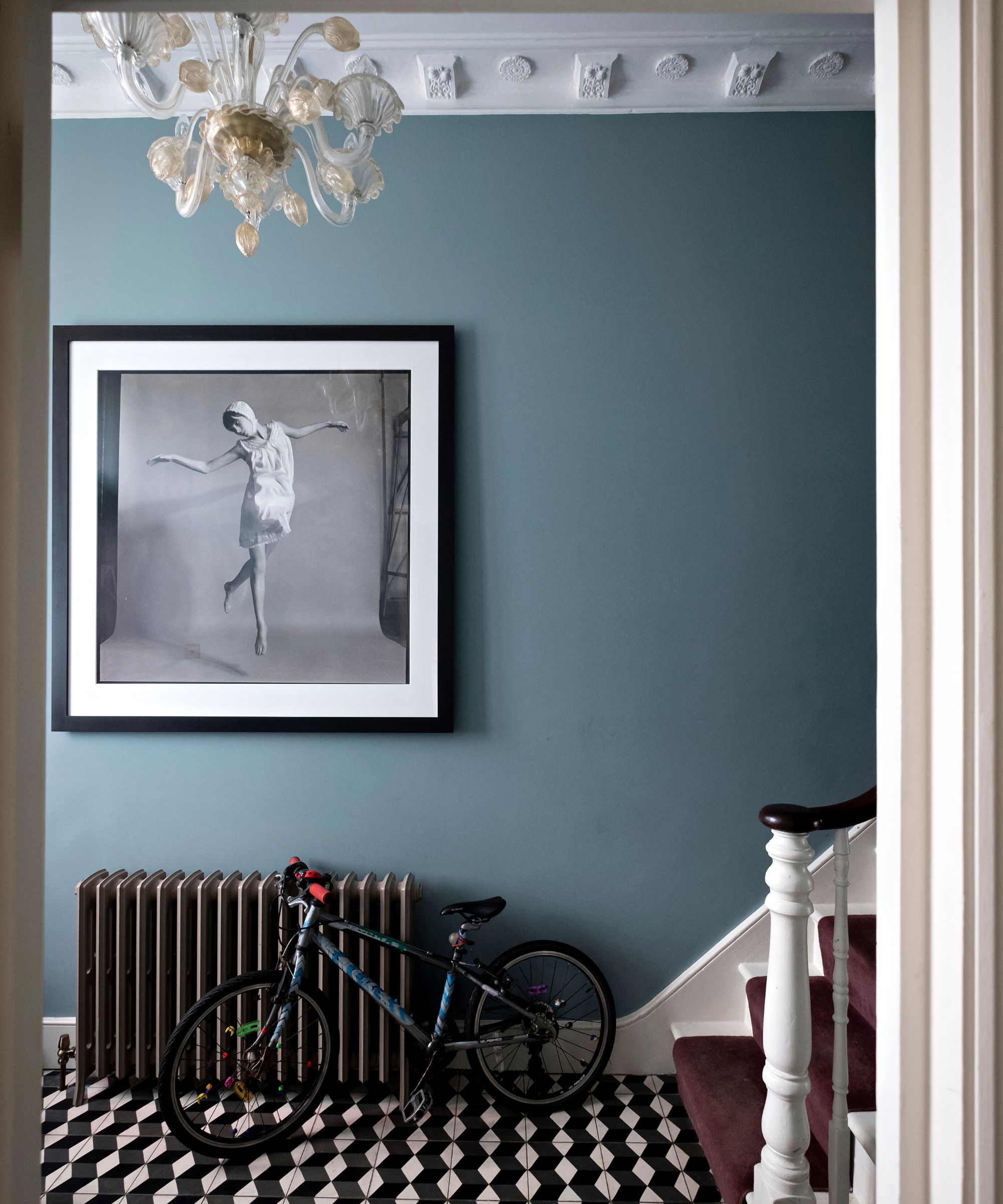
'Until recently, depending on where you lived, natural gas heating was normally a better deal than heat pumps,' begins Dr. Joshua Pearce, Western University.. 'Today, however, in the northern US and in Canada heat pumps can make economic sense if you are getting your electricity from low-cost solar power. The return on investment is not huge (earning up to 1.9% return in the U.S. and 2.7% in Canada, to provide for all of their electric and heating needs with a solar photovoltaic and heat pump combo). That said as a capital investment and some protection against inflation it is a pretty good bet now if homeowners are looking to reduce their carbon footprint and make their homes more comfortable,' he explains.
Do heat pumps use a lot of power?
While heat pumps need some electricity to run and generate heat/remove warm air from a building, it is a relatively small amount. This small electrical usage makes heat pumps much more efficient and often cheaper to run than traditional gas central heating or electric fires.
What is the downside to a heat pump?
While heat pumps may work out cheaper over time, they have a very high upfront installation cost that puts many people off of the prospect of installing one. What's more, they require significant structural changes making them tricky to install at some properties, or impossible in more historical homes. It is worth doing your research to see if a heat pump will be worth it for your individual needs before going ahead with an installation.
Sign up to the Homes & Gardens newsletter
Design expertise in your inbox – from inspiring decorating ideas and beautiful celebrity homes to practical gardening advice and shopping round-ups.

Chiana has been at Homes & Gardens for two years and is our resident 'queen' of non-toxic living. She spends most of her time producing content for the Solved section of the website, helping readers get the most out of their homes through clever decluttering, cleaning, and tidying tips. She was named one of Fixr's top home improvement journalists in 2024.
-
 I’m an HVAC technician, and this is when I turn my AC on each year – plus 5 checks I always do beforehand
I’m an HVAC technician, and this is when I turn my AC on each year – plus 5 checks I always do beforehandSave yourself an AC hassle by running my checks and turning it on before big heat hits
By Josh Mitchell Published
-
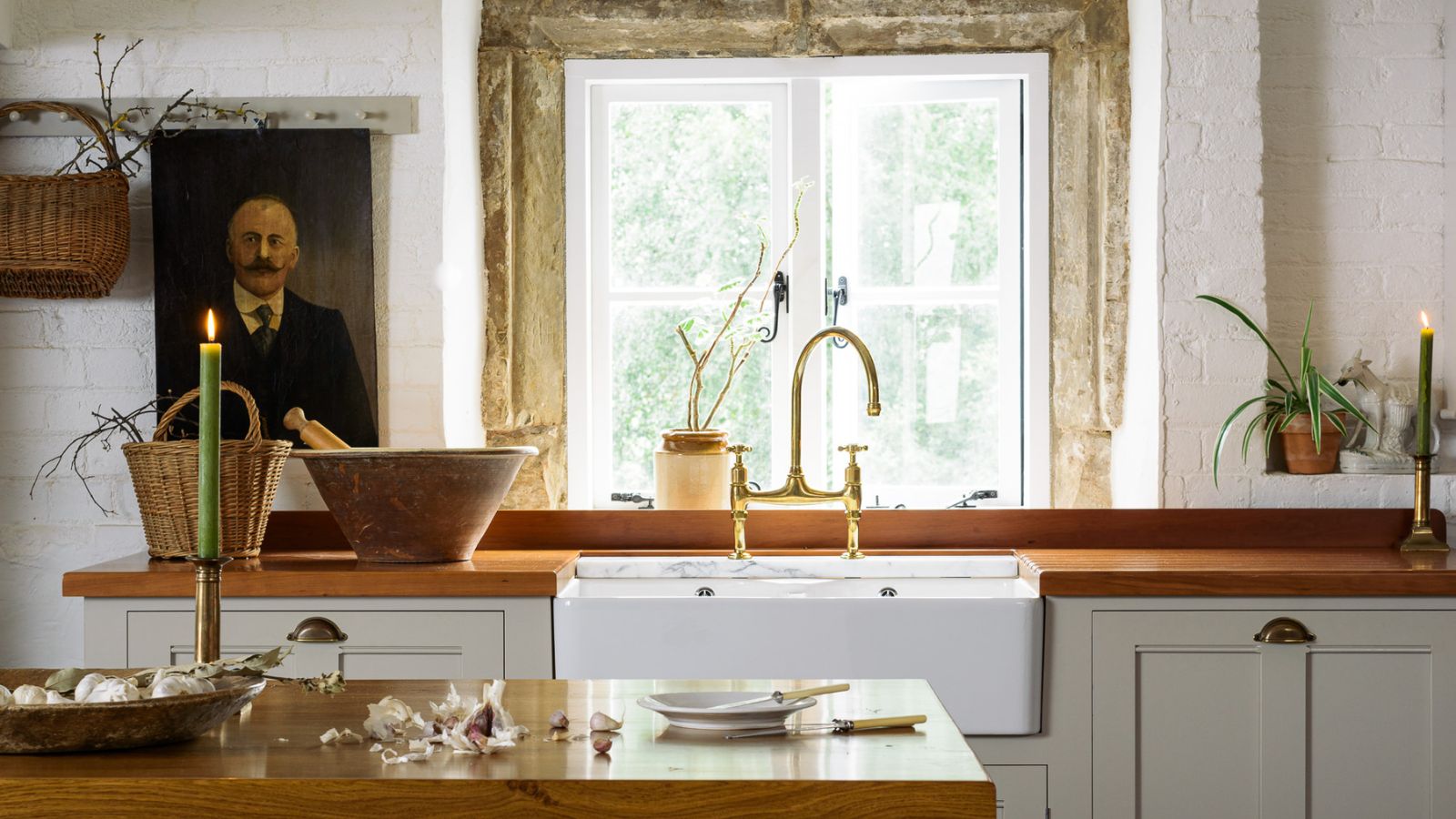 This simple marble hack elevates my budget-friendly wooden kitchen countertops and prevents the dreaded water damage for way less than you’d think
This simple marble hack elevates my budget-friendly wooden kitchen countertops and prevents the dreaded water damage for way less than you’d thinkThis design trick looks expensive, solves a problem, and was the easiest decision I made during my kitchen reno
By Charlotte Olby Published